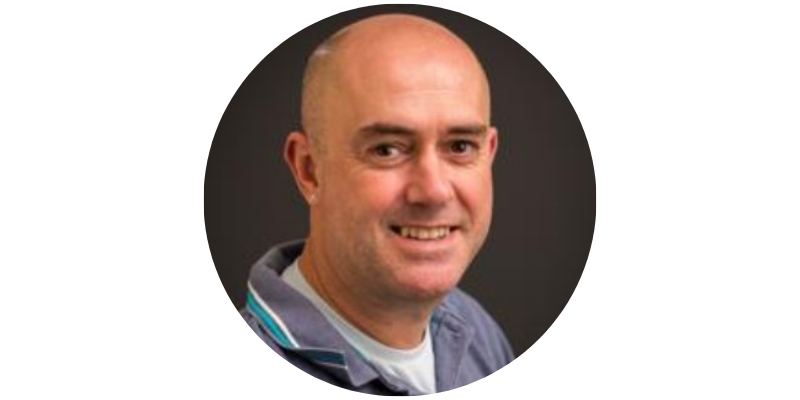Jonny Lovell
Equality and Diversity Manager, Equality and Diversity Office

Jonny worked in the voluntary sector for 15 years in community development, project management, and health promotion before joining York in 2011 as a student to undertake an MA in Social Work, and then a PhD which focused on the helpfulness of mental health practitioners in statutory mental health settings sharing their lived experience with service users. From 2016, Jonny worked at York as a researcher, as a social work lecturer, and as a College Manager, before joining the Equality and Diversity team in 2021 where he works on a range of projects to promote and support equality and inclusion for staff and students.
Our 60 seconds interview with Jonny:
Could you please tell us what work you do in the field of mental health?
I worked with Professor Martin Webber on the Connecting People Implementation Study, and a similar mental health social intervention (SCENE), as a researcher between 2016 and 2018, here at York. When I joined the Colleges in 2018 as a College Manager, I adapted Martin’s original Connecting People model for use with socially isolated students, and collaborated with Martin to formally evaluate the adaptation between 2018 and 2022. We found it helped student mentors and staff to develop the confidence and ability to help socially isolated students overcome barriers to social involvement. In my current role I contribute to a culture of inclusivity and wellbeing for all staff and students across the University as a member of the Equality, Diversity and Inclusion (EDI) team.
What do you find most rewarding and inspiring in this work?
It’s gratifying and rewarding to contribute to initiatives that enable staff and students to make the most out of their university experience, including their learning, working, and social lives. It’s also great to work with so many committed and inspiring staff here at York, to share our learning with other institutions, and to learn from the work that other institutions do too.
What is the most challenging or complicated aspect of this work?
Research is often seen as something that academics do. Its value to the development of professional practice is sometimes under recognised, and often unsupported. There is a lot of opportunity to think about how we use and approach research in non-academic roles and settings to develop, enhance, and evaluate interventions and support.
What impact do you hope your work is having - or can potentially have?
Many of us share similar goals and we’re more effective at achieving them when we collaborate. I hope that in collaborating with others in my EDI role, and in my research, I can contribute, in however small a way, to enabling people to feel valued, included, and supported in their lives both inside and outside of their work or study.
Could you share with us one piece of advice that you follow for your own mental health
Having social connections and interests outside of work and study is essential to keep a sense of balance.